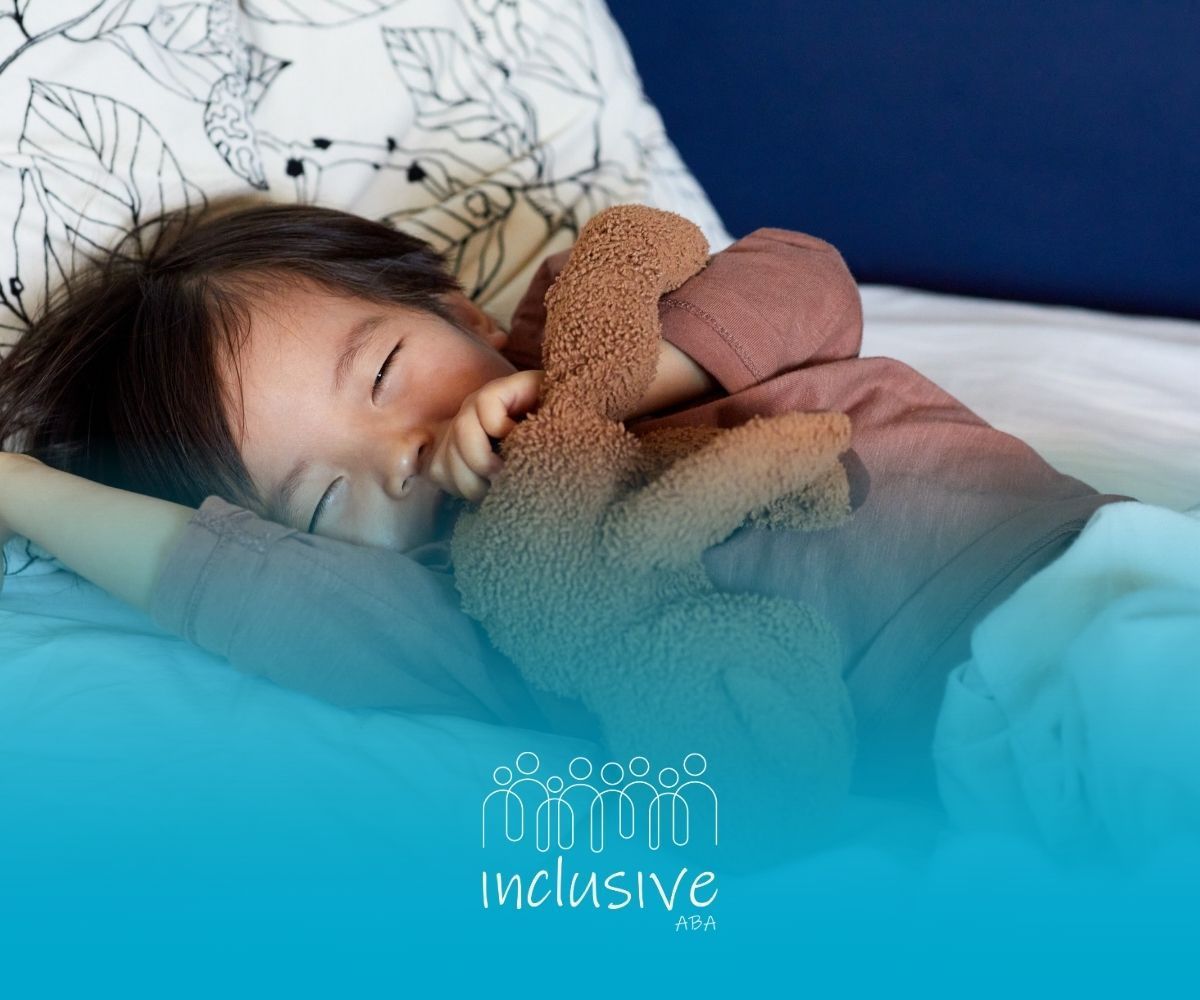Is Autism a Lifelong Condition?
Yes—autism is a lifelong condition. But that doesn't mean a person stays the same forever.
Autism is a different way of processing the world, not something that needs to be “fixed” or outgrown.
Some traits might become less noticeable over time, others may shift or change—but autism itself is part of how someone experiences life.
That said, growth is absolutely possible. Kids with autism grow into teens and adults with their own strengths, challenges, and stories.
With support, many learn to express themselves more clearly, build friendships, and gain independence. It’s not about changing who they are—it’s about helping them show up in the world on their own terms.
Progress Looks Different for Everyone
There’s no finish line when it comes to autism. Some people might need more autism support long-term, while others become quite independent. What matters most is that their environment respects who they are and gives them room to grow.
Autism doesn’t end—but it does evolve.
At Inclusive ABA, we support individuals with autism through every stage of life. Whether your child was just diagnosed or you're exploring what’s next as a family, we’re here to walk with you—honestly, compassionately, and with care that makes sense for real life.
Looking for Expert Help? We're Here for You!
Our compassionate and skilled team is devoted to enhancing your child's development through customized ABA therapy. Let us partner with you to create a supportive environment for your child's success.
Discover how we can help your family thrive with expert ABA therapy.
Related Posts







